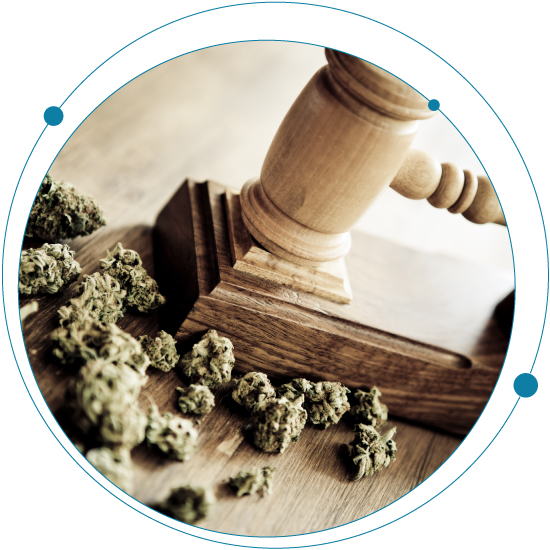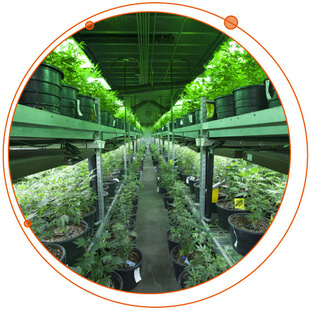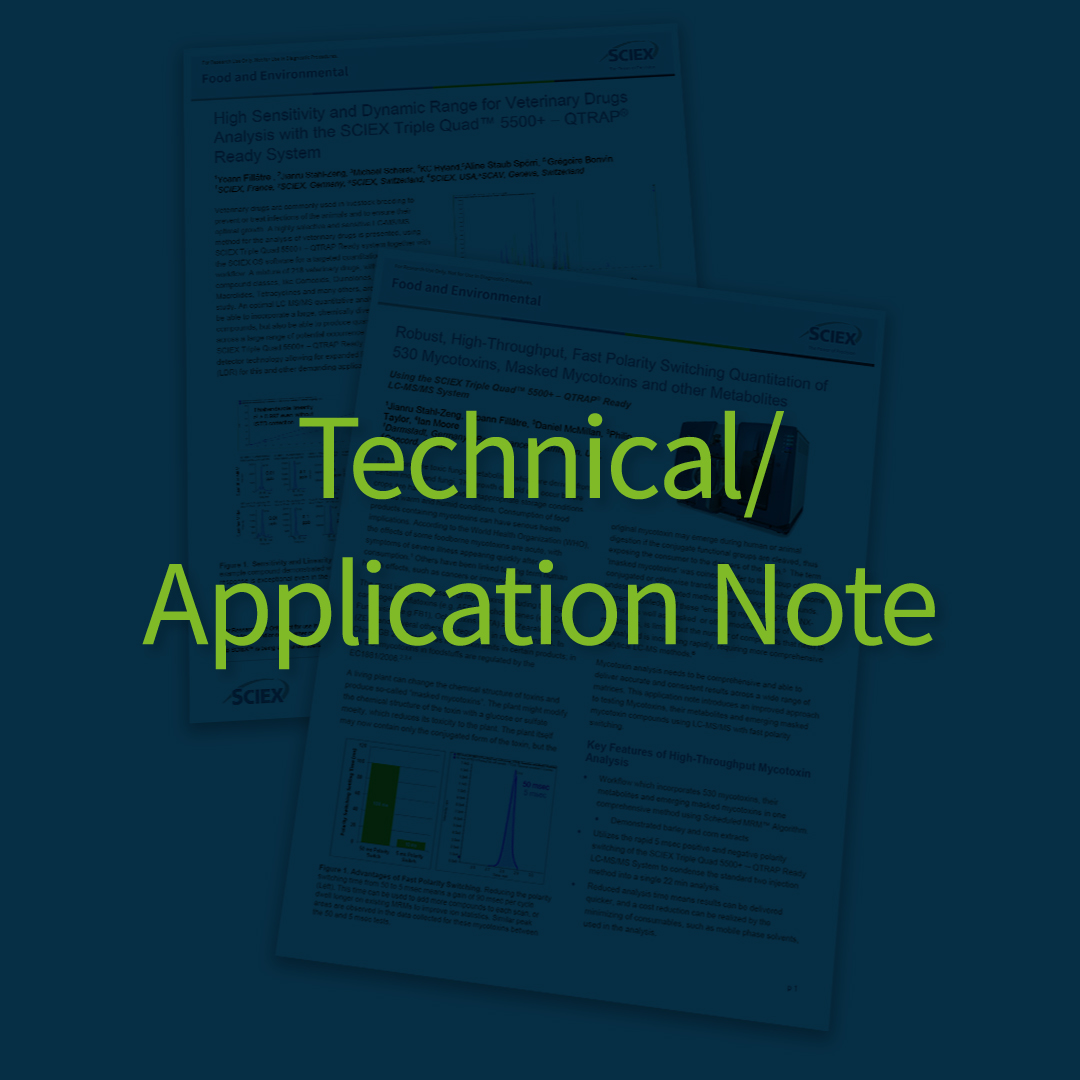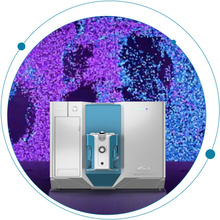Sensitivity and robustness carry different meanings in the world of mass spectrometry. Generally, sensitivity refers to an instrument’s ability to achieve lower limits of detection (LOD). Robustness, on the other hand, refers to an instrument’s ability to consistently...
Tags

Understanding PFAS and its impact on U.S. drinking water
In recent years, per- and polyfluoroalkyl substances (PFAS), often referred to as “forever chemicals,” have become a growing topic of interest due to their persistence in the environment and potential health risks. These synthetic compounds have been widely used in various industrial applications and consumer products since the 1940s. PFAS can be found in the air, soil, and water, and studies have shown that most people have detectable levels of PFAS in their bloodstream. One of the main exposure pathways for humans is through drinking water, particularly in communities located near industrial sites, military bases, or areas where firefighting foam has been used.

What has the Echo® MS system done for the pharma industry? (And don’t just take our word for it!)
SCIEX was very proud to have an illustration of the Acoustic Ejection Mass Spectrometry (AEMS) technology that powers the Echo® MS system on the front cover of the Journal of the American Society for Mass Spectrometry in January 2023. The associated article—Ultrahigh-Throughput Intact Protein Analysis with Acoustic Ejection Mass Spectrometry—was co-authored by scientists from SCIEX and Merck.

Rescheduling a Schedule I substance, and the Delta-8 controversy
Did you know that in the US, drugs and other chemicals are classified into 5 distinct categories depending on the drug’s acceptable medical use and its potential for abuse or dependency? Drugs federally classified as Schedule I substances by the US Drug Enforcement Administration (DEA) are considered to have the highest potential for abuse and for creating severe psychological and/or physical dependence. In addition to heroin, LSD and MDMA (ecstasy), cannabis is classified as a Schedule I substance in the Controlled Substance Act of 1970, which means it has no approved medical usage.

Thailand cannabis legalization
Thailand has become the first southeast Asian country to legalize cannabis for medical use. Cannabis was originally introduced into Thailand from India, and until it was outlawed in the 1930s, it was historically used as a kitchen condiment, medicine and source of fiber.

Reducing PFAS interferences during human plasma and serum analysis with accurate mass spectrometry

Breaking down the SCIEX Triple Quad™ 7500 LC-MS/MS System – QTRAP® Ready
Sensitivity and robustness carry different meanings in the world of mass spectrometry. Generally, sensitivity refers to an instrument’s ability to achieve lower limits of detection (LOD). Robustness, on the other hand, refers to an instrument’s ability to consistently...

A rising star in food allergen research: proteomics of shellfish allergen
It’s important to know what you’re eating, especially if you suffer from a food allergy.
About 220 million people worldwide live with a food allergy.1 These numbers, along with the complexity and severity of conditions, continue to rise. In America, there are about 32 million food allergy sufferers—5.6 million of those are children under the age of 18.2.2 That’s 1 out of every 13 children, or about 2 in every classroom. From a financial perspective, the cost of food allergy childcare for US families is up to $25 billion
No Results Found
The page you requested could not be found. Try refining your search, or use the navigation above to locate the post.
No Results Found
The page you requested could not be found. Try refining your search, or use the navigation above to locate the post.